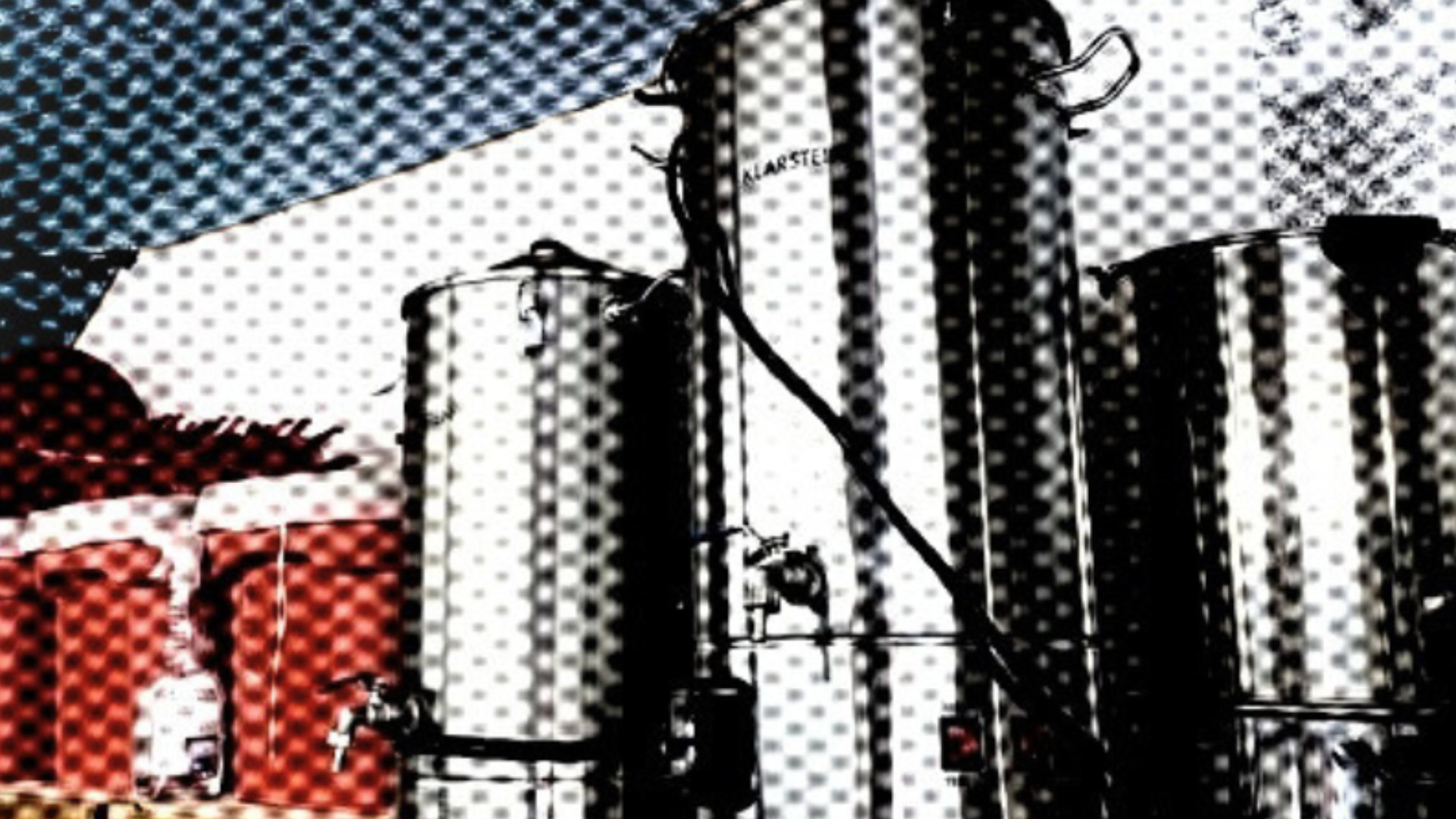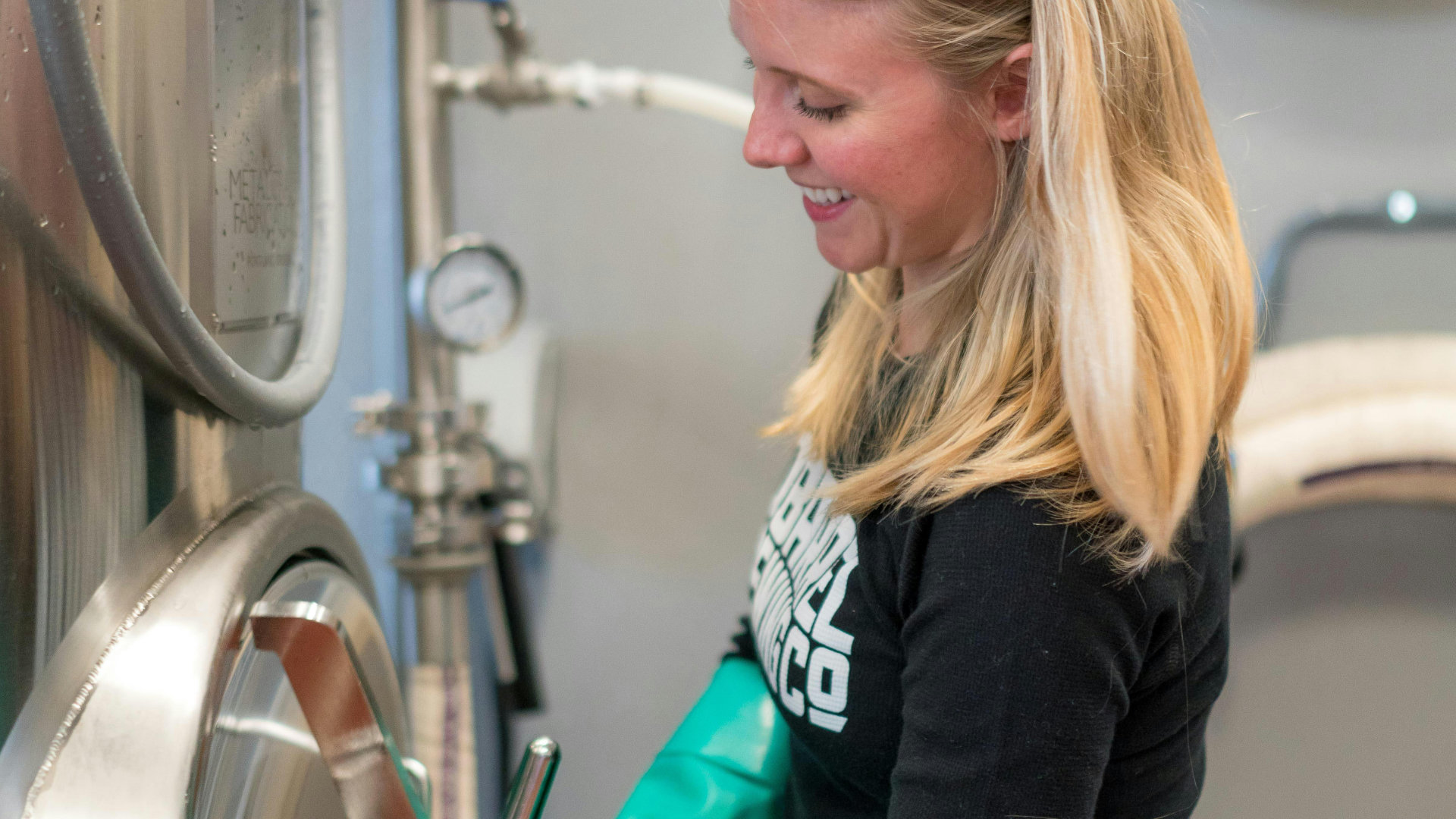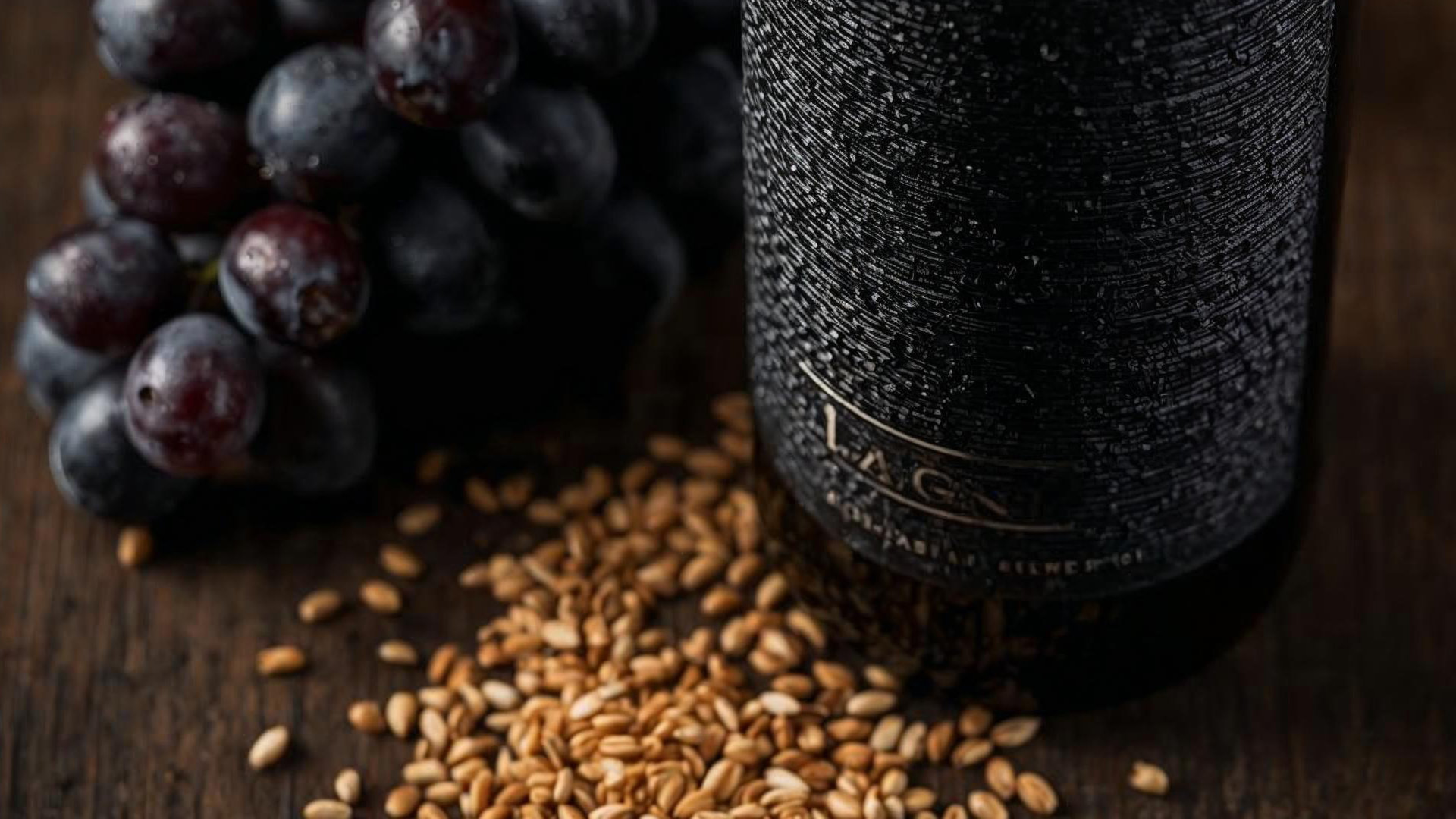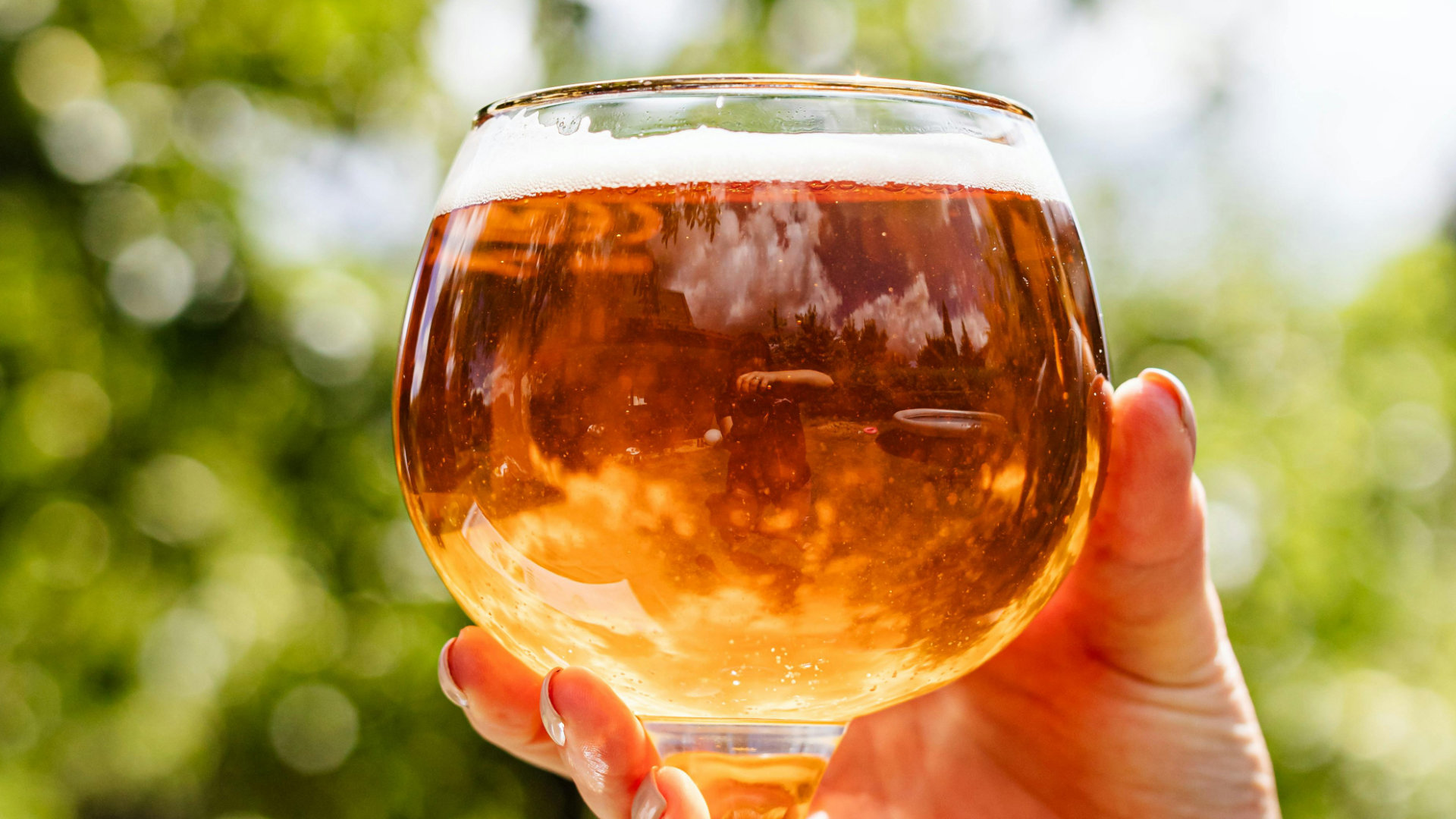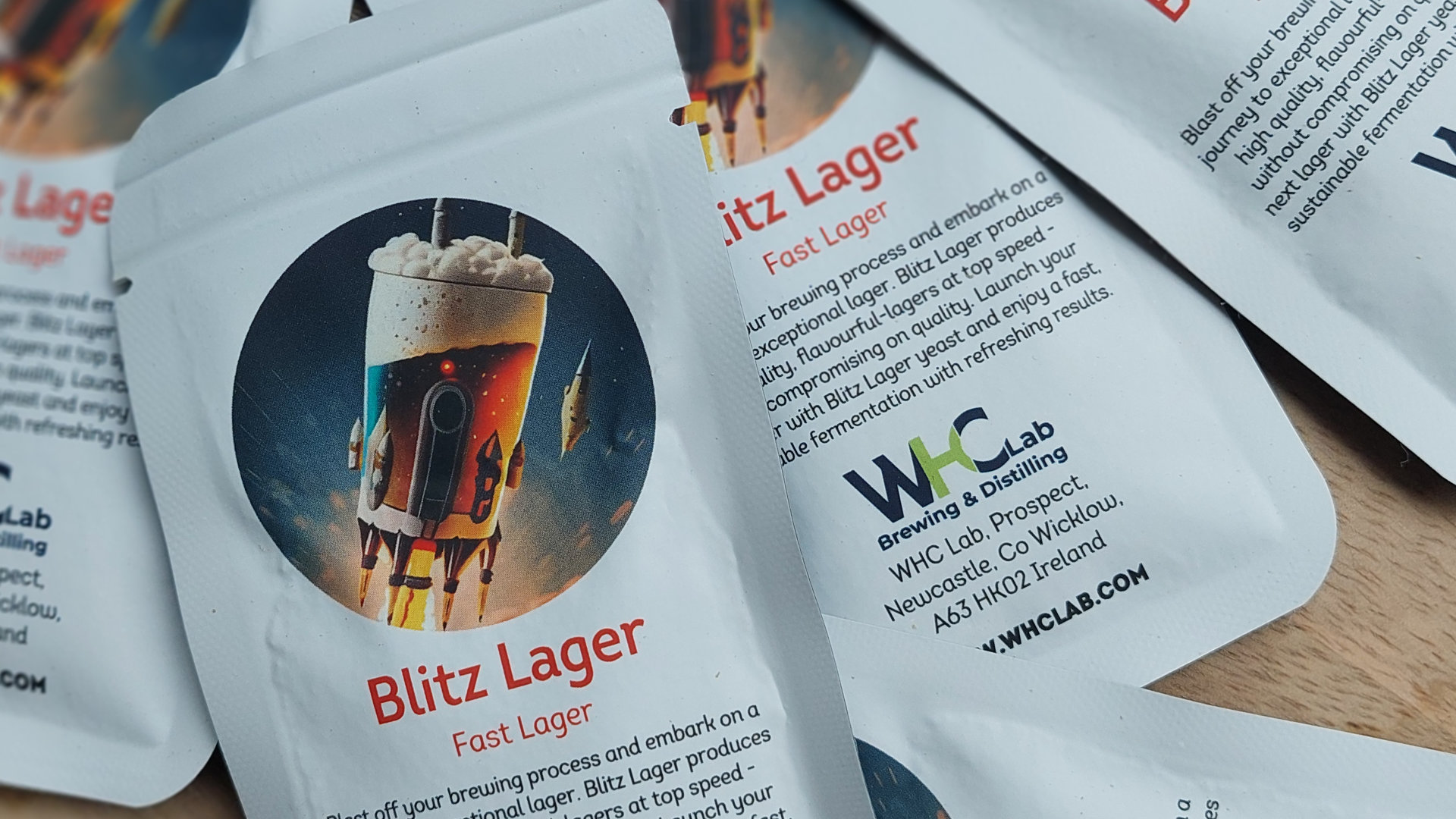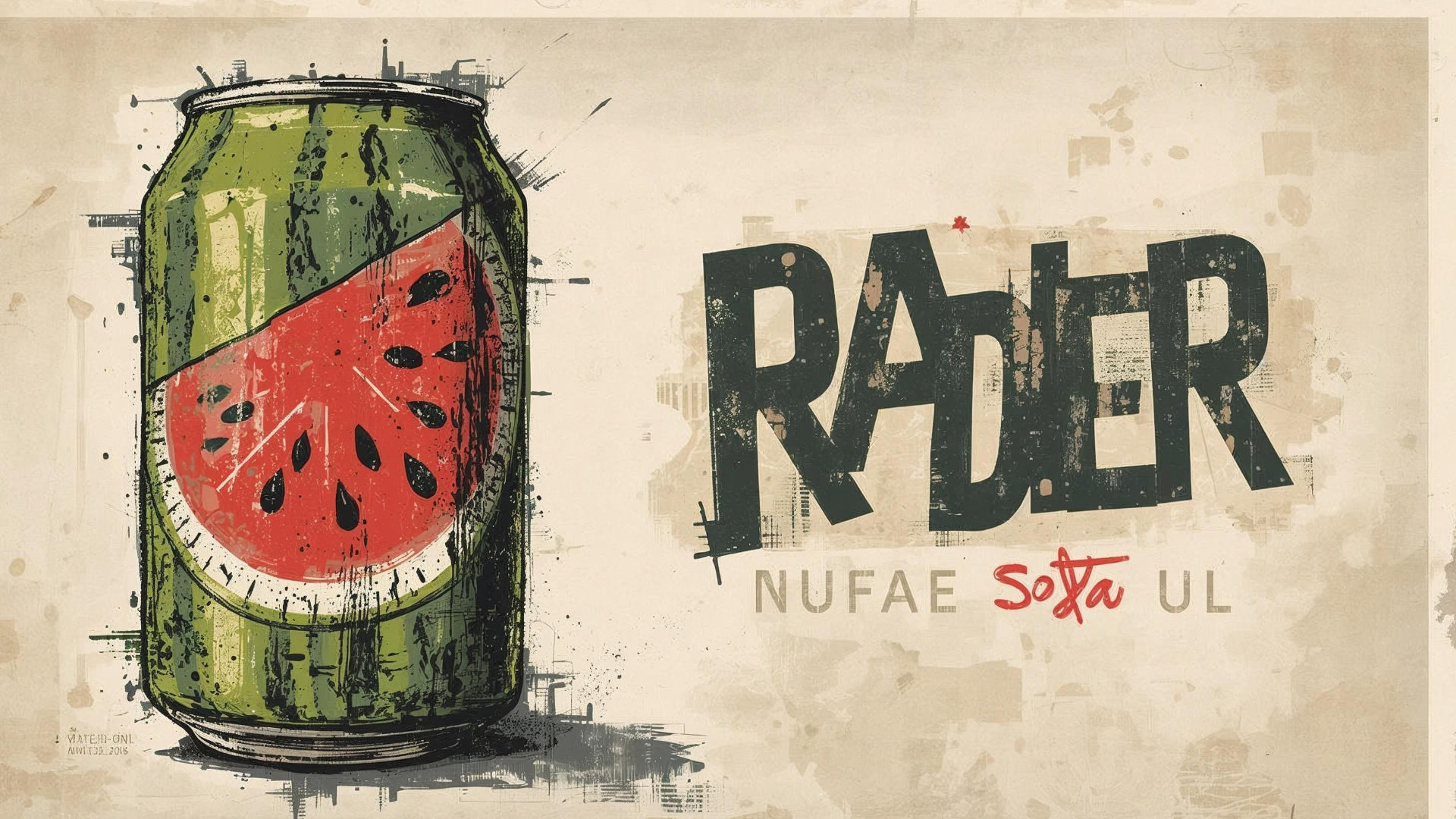I’ve never been to the original Oktoberfest in Munich. But word is it’s a HUGE event - the world’s largest folk festival, in fact, according to the organisers, oktoberfest.de. Not surprisingly, Oktoberfest in Munich has been cancelled again this year, but in 2019 it was attended by 6.3 million people over the 2 weeks, drinking in total 7.3 million litres of beer. And Oktoberfest is not just popular with thirsty adults - it’s a family-friendly outing with fairground rides and kids’ entertainment. There’s even a church tent where people actually get baptized during the event - though I have no idea whether that’s performed with holy water or beer. Same, same, some might argue.
The first Oktoberfest: One hell of a wedding party
Oktoberfest was born from the bash that followed the nuptials of Prince Regent Ludwig of Bavaria, later crowned King Ludwig I, and Princess Therese of Saxony-Hildburghausen on 12 October, 1810. The wedding was marked with a grand horse race, and citizens of Munich were invited to attend the festivities, held on the public fields in front of the city gates five days after the wedding. These famous fields were named Theresienwiese— Therese’s meadows—in honour of the crown princess, and still act as the location for Oktoberfest today. If you want to get down with the lingo then it’s worth noting that the word Wiesn (German for meadow) is often used instead of Oktoberfest.
The festival was so popular that it was held again the following year, and by 1819 the annual highlight (save for the postponed events caused by the Napoleonic wars) was considered to be a key event by the city of Munich. Over the years, this epic party has evolved to become what we know as Oktoberfest. And though the original Munich Oktoberfest is the most well-known, the festival is celebrated the world over, albeit on a smaller scale.
Some might say that the UK versions of Oktoberfest are, well, a bit tacky and not exactly the place to go to score some great beer. But after the dull 18 months we’ve had, I’m all in for anything other than Netflix - and even some not-so-great beer. Because: beer! Besides, there are some organisers who put on a more authentic and less cheesy version of Oktoberfest (see German Kraft pg 6) - because slipping into a pair of lederhosen off Amazon isn’t compulsory to enjoy a stein of glorious German lager. And if a tent or beer garden full of Oktoberfest madness isn’t for you, cheesy or otherwise, you can always enjoy lots of lovely German brews which you’ve created yourself, at home with your mates, munching on sausages and home made beer pretzels (see pg 34).
Oktoberfest in September?
While Oktoberfest initially took place in the month of October, it now runs for the 16 days leading up to the first Sunday in October - mainly to take advantage of the warmer weather. Though, in the UK at least, it seems to be a bit like Christmas and you’ll find the Oktoberfest season stretched out way past these 16 days. Which actually is a good excuse if you’re holding your own Oktoberfest and your homebrew lager still isn’t ready...
The Oktoberfest Beers
According to custom, only beer brewed in Munich can be served at Oktoberfest, and there are just six breweries who supply all those millions of steins of brew during the event: Augustiner, Hacker-Pschorr, Hofbräu, Löwenbräu, Paulaner, and Spaten.
When it comes to the Oktoberfest brew, you’re looking at a lager: Märzen and Festbier. Märzen is the more traditional of the two (though the original beer drank at Oktoberfest was Munich Dunkel) weighing in at around 6% ABV, amber and with a malty flavour and crisp, dry bitterness. This style was traditionally brewed in the spring (Märzen is German for March) and lagered in time for Oktoberfest. The BJCP classifies this style as an ‘Amber Malty European Lager’. On the other hand, Festbier is a more modern, quaffable take: golden in colour and lighter in flavour than the Märzen, similar ABV, with crisp, light toasted bread flavours. The BJCP class it as a ‘Pale Malty European Lager’ - the same category as a Munich Helles.


